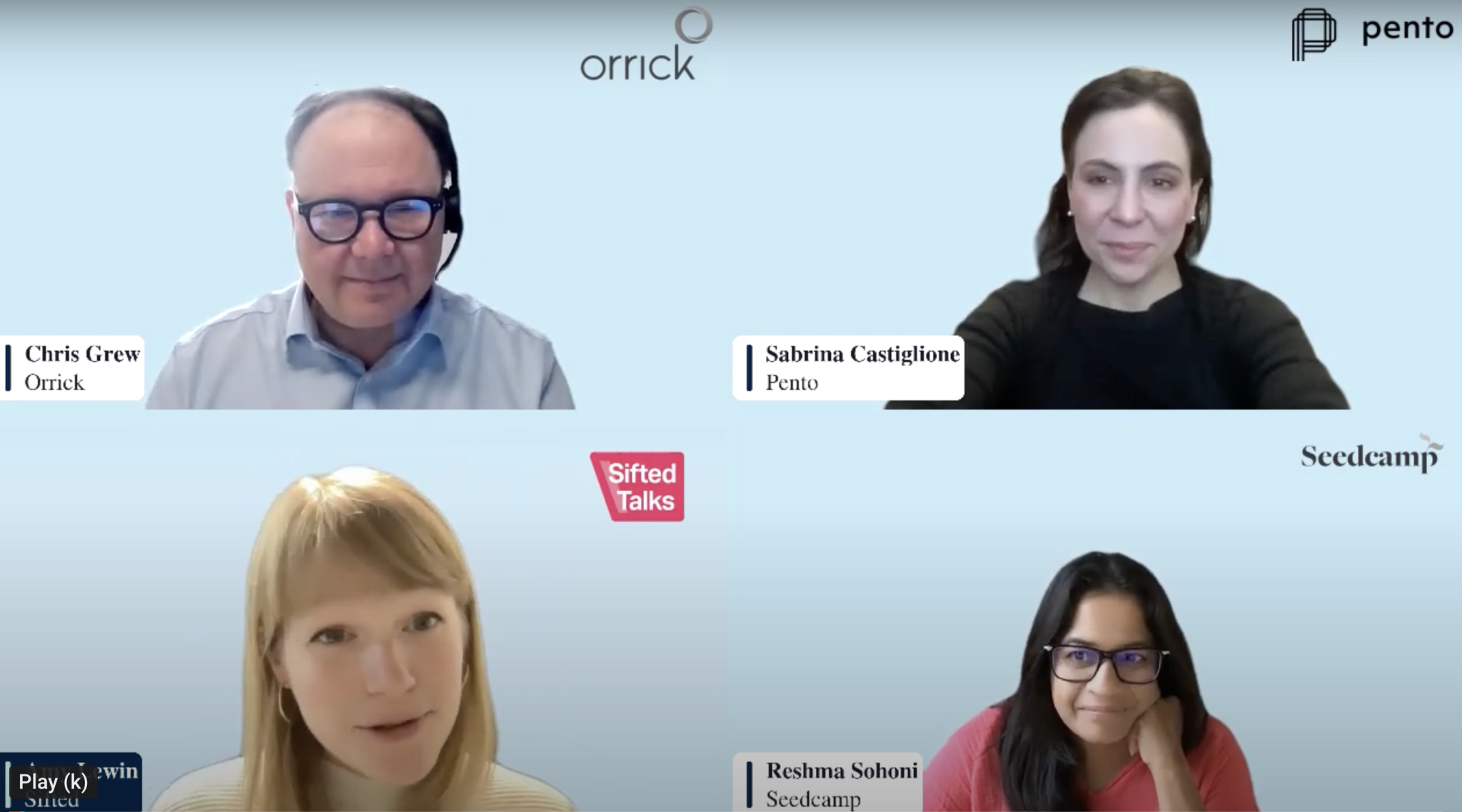Startups with deposits in Silicon Valley Bank’s (SVB) US and UK entities are worrying whether they’ll be able to make payroll next week, since the regulators put both into insolvency proceedings Friday.
A number of debt providers — such as revenue-based financing (RBF) providers like Uncapped and Capchase — are now offering startups emergency loans to help with the cash crunch. Uncapped says it’s been receiving an application every three minutes over the weekend, and has already wired “millions” to startups.
But some say raising from existing investors — even if it means giving away some equity — is a smarter way to secure emergency cash.
What to consider?
Shmuel Chafets, founder of Berlin-based VC fund Target Global, says that founders (especially those more exposed to SVB UK) should not panic and rush into raising short-term financing, as it looks as though the government will provide some kind of support soon.
“Taking critical long-term decisions during a quickly evolving crisis is a mistake,” he tells Sifted. “It's better to take a few days, let the dust settle, try to really understand the situation — not what's being tweeted and what's being forwarded on WhatsApp groups.”
He adds that if startups do need to find emergency funding, it’s better to raise from existing investors than to sell off deposit claims at a discount.
Some hedge funds in the US have already begun offering to buy startup deposits stuck in SVB accounts, Semafor has reported — but at a hefty discount. Startups that take up the offer will get some of their money back in the short-term term, but lose money in the long term (if their deposits are, eventually, returned, which is also not guaranteed).
“If you have to take something, in a situation like this I would always tell people to opt to take short-term [financing] internally from their investors if they can,” he argues.
“Make sure you have liquidity for the next couple of weeks and then once you understand where this thing actually is, you’ll have a better idea if you want to sell out deposits, and where they should be priced.”
The emergency funding option
There are several ways to raise emergency equity financing, via vehicles like SAFEs (simple agreements for future equity) or CLNs (convertible loan notes).
Anthony Rose, founder of UK-based SeedLegals, a platform which helps startups with the legals around fundraising, cap tables and options schemes, says that founders should expect the investors to get a 20% discount on equity at the next funding round’s valuation.
In the case of convertible loan notes, he says the following terms can serve as a rough guide:
- No valuation cap (because it’s “too hard to pick at short notice”)
- 8% simple interest
- Three-year maturity
- Action at maturity: the ability to convert the loan into shares (because this is “safer than having to repay it”)
- Set the loan to be “repayable by mutual agreement” during the term, in case you get the SVB funds back and don’t need the loan.
👉 Sifted will be running a webinar next week with experts giving advice to founders on the SVB situation next week. Register interest here.
The debt option
Dozens of loan providers have swooped in with financing solutions for cash-strapped startups.
Capchase has launched an emergency payroll financing solution for startups affected by SVB. It’s not clear what the terms would be for startups that take the offer.
Fellow revenue-based financing startup Uncapped told Sifted it’s offering the following terms:
- Up to $500k very short term (funds early this week)
- Up to $3m by the end of the week
- Loans repaid over one to six months
- Loans are without personal guarantee
- 2% interest
Short-term funding is also on offer from lenders like Liquidity Group, Muse and Funding Circle.
Startups that do take on debt will likely put themselves in a weaker position when they come to fundraise next — but some may not make it to their next fundraise without it.



